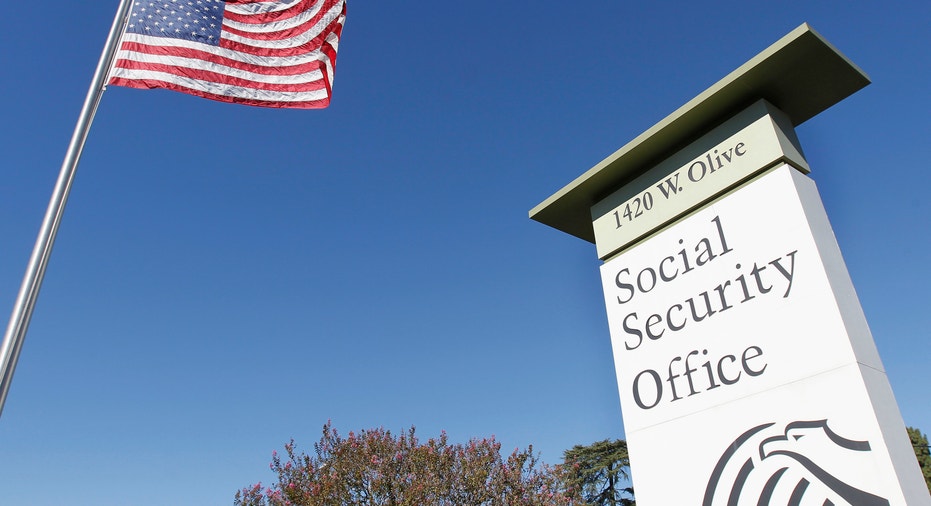The Social Security 'Roll-Back'- Part 1

Are you going to receive a government pension when you retire? If this is the case and if you also earned a Social Security benefit at some point during your working life, your pension could mean that you will get less than you expect from Social Security. Or, perhaps you work for a government agency- federal, state, municipal- and never held a job where Social Security tax was taken out of your paychecks. However, your spouse worked in the private sector his/her entire career and will receive Social Security. Your government pension could reduce the spousal or widow(er)’s benefit you might be eligible for. Don’t blame Social Security. The so called “Windfall Elimination Provision” (WEP) and “Government Pension Offset” (GPO) rules were passed by Congress in the early 1980s in an effort to shore up Social Security’s long-term finances. Read This Section- TWICE! There is tremendous confusion about who is and who is not affected by this. So, to save you from having to read further and potentially get all worked up over nothing, let’s be clear about who is not affected. All you have to do is answer one simple question: Did the government employer that will pay your pension also deduct Social Security (FICA) tax from your paychecks? Yes? Stop here. If you contributed to Social Security while working in your government job, your Social Security benefit is not affected. This includes federal employees who elected to switch from the “Civil Service Retirement System” (CSRS) to the “Federal Employees’ Retirement System” (FERS) in the mid-1980s and every federal worker hired since January 1, 1984. Active-duty military personnel have paid into Social Security since 1957 and are therefore eligible for a benefit even though they receive military retirement benefits.(1) If you are on inactive duty, the pay you earn for, say, weekend drills, has counted toward Social Security since 1988. In addition, if you were on active duty at any time between 1957 through 2001, you may qualify for a special increase in your Social Security benefit. There is nothing you have to do to qualify; Social Security automatically calculates this. For more on Social Security for those in the armed forces, see http://socialsecurity.gov/pubs/EN-05-10017.pdf. Most state and municipal workers also contribute to Social Security. “That’s Not Me” or “That’s Not My Spouse”? Read On! The highest concentration of government workers who see their Social Security benefit reduced due to a government pension live in two states: California and Texas. In California, neither state workers nor teachers or professors who work in public education pay into Social Security. While individuals who work for the state of Texas contribute to Social Security, most Texas school districts do not participate. There are additional pockets of government entities around the country that have opted out. In general, if you currently or used to work for such an employer, by law, your human resources personnel department must explain what the ramifications are for Social Security. The Big Fix In the early 1980s Social Security’s long-term finances looked especially shaky. Since the program was created in 1935, Congress had passed several measures that expanded the definition of who was eligible for benefits and increasing the amounts paid. The upshot was that Social Security had become a much more generous program than it was originally designed to be.(2) At the same time, life expectancy had significantly increased over the past 45 years. This meant that Social Security was sending monthly checks to individuals for many more years than it used to. The benefits Congress had committed Social Security to pay out were simply unsustainable. They were outstripping the income (payroll tax) that was supposed to cover them and the surplus that had built up in prior years was nearly exhausted. Social Security was nearly insolvent. The Social Security Amendment of 1983 introduced major changes to put the agency on a firmer financial footing. These included mandating that the “full” retirement age of 65 be increased to 66 starting in the year 2000.(3) In addition, for the first time, a portion of your Social Security benefit could be subject to income tax. And, Congress decided to end what some called “double-dipping,” that is, receiving a government pension and their full Social Security benefit. Next week: How to figure out if- and by how much- your Social Security benefit could be reduced by the pension from your government job.



















